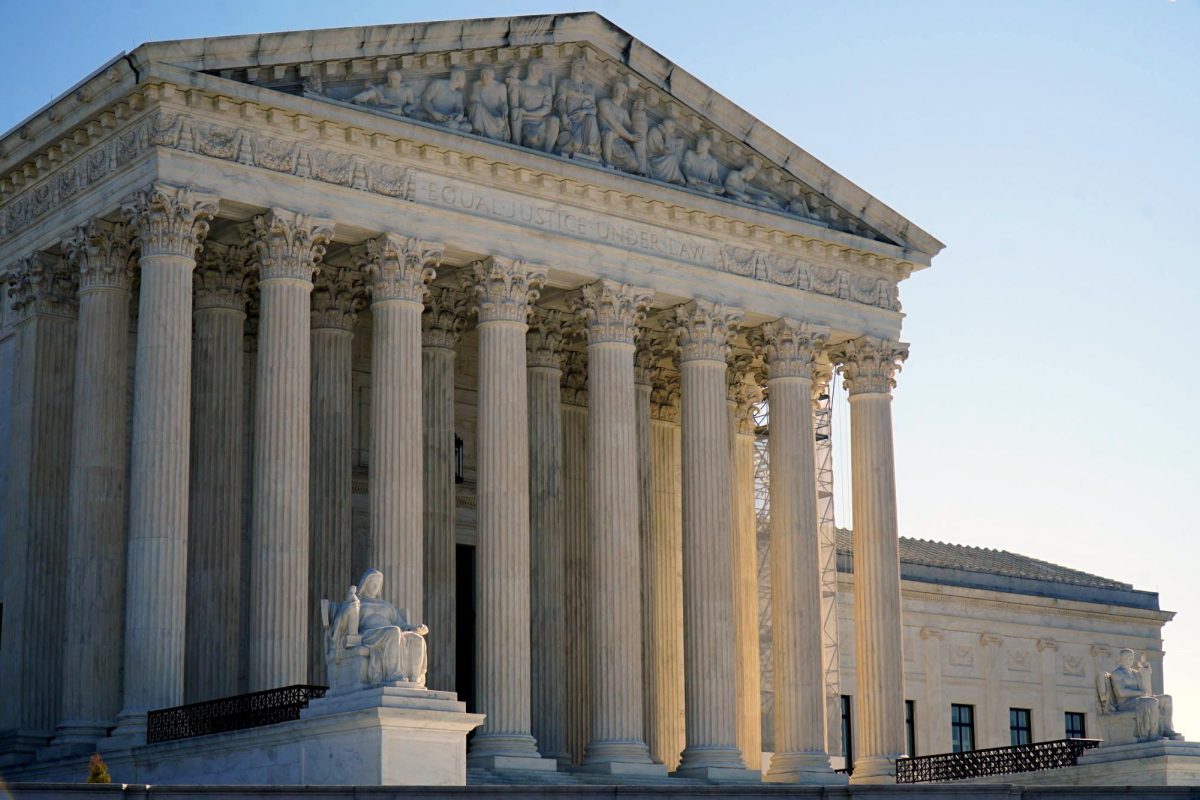On December 9, 2019, the Supreme Court allowed a Kentucky abortion law regarding ultrasounds to stay in place. The case was appealed to the Supreme Court by the American Civil Liberties Union (ACLU) regarding Kentucky’s lone abortion clinic. The high court declined to hear the case with no comment, therefore leaving the law in place.
In 2017, Kentucky passed HB 2, a law mandating doctors to perform an ultrasound and then describe and show it to the patient before undergoing an abortion. The doctors also have to play the fetal heartbeat to the patient. Kentucky passed the law to help patients fully understand the depth of the operation they plan to undergo. The patient can still go through with the procedure, but it’s harder emotionally.
Kentucky has been in a continuous fight with the courts over abortion. The state has passed countless laws trying to tighten the abortion laws, but all efforts have been struck down by courts. Prior to 2019, abortions were prohibited if they occurred before the fetus reached 22 weeks old. But on March 14, 2019, SB 9 was passed, moving the prohibition to six weeks in an effort to prevent abortions from taking place after a heartbeat is detected.
With SB 2, patients can still avert their eyes from the ultrasounds and request for the fetal heartbeat to be turned down or off, but Kentucky pro-lifers hope that by hearing and seeing the human living inside of them, patients will be discouraged from terminating the pregnancy.
“Morally, I believe abortion is in a way cruel. However, I do believe people should be given the choice to have an abortion,” sophomore Laura Cardoso said.
The tricky part about making abortion laws is that there are so many opinions. There aren’t just two opinions\; many moderate Republicans have different ideologies on abortion than traditional Republicans and the same for Democrats. Personal experiences and religion are big deciding factors that play into voters’ decisions.
“A majority of Americans (61%) continue to say that abortion should be legal in all (27%) or most (34%) cases. A smaller share of the public (38%) says abortion should be illegal in all (12%) or most cases (26%),” the Pew Research Center said.
Republicans dominate Kentucky’s legislature, which is why restrictive abortion bills are so easy to pass. The only challenge was the courts, but with the Supreme Court deciding not to hear the case, the abortion law was left in place.
“This decision by SCOTUS to allow the lower court ruling to stand is a victory for the unborn,” the Republican Party of Kentucky Tweeted.
This is a huge win for Republicans, as it could mean that state abortion laws will no longer get struck down by federal courts. With the conservative dominance in the Supreme Court, there is a potential for Roe v. Wade to be overturned, but Democrats disagree.
“This law is not only unconstitutional, but as leading medical experts and ethicists explained, deeply unethical. We are extremely disappointed that the Supreme Court will allow this blatant violation of the First Amendment and fundamental medical ethics to stand,” Alexa Kolbi-Molinas, senior staff attorney at the ACLU Reproductive Freedom Project said.
Democrats are scared stiff. The abortion laws currently being passed by southern states violate the Roe v. Wade precedent, meaning they are bound to be challenged. Either side will most likely appeal the case until it reaches the Supreme Court. There are already many cases waiting to be heard that could degrade or overthrow Roe v. Wade, but what will the majority conservative Supreme Court decide?





















